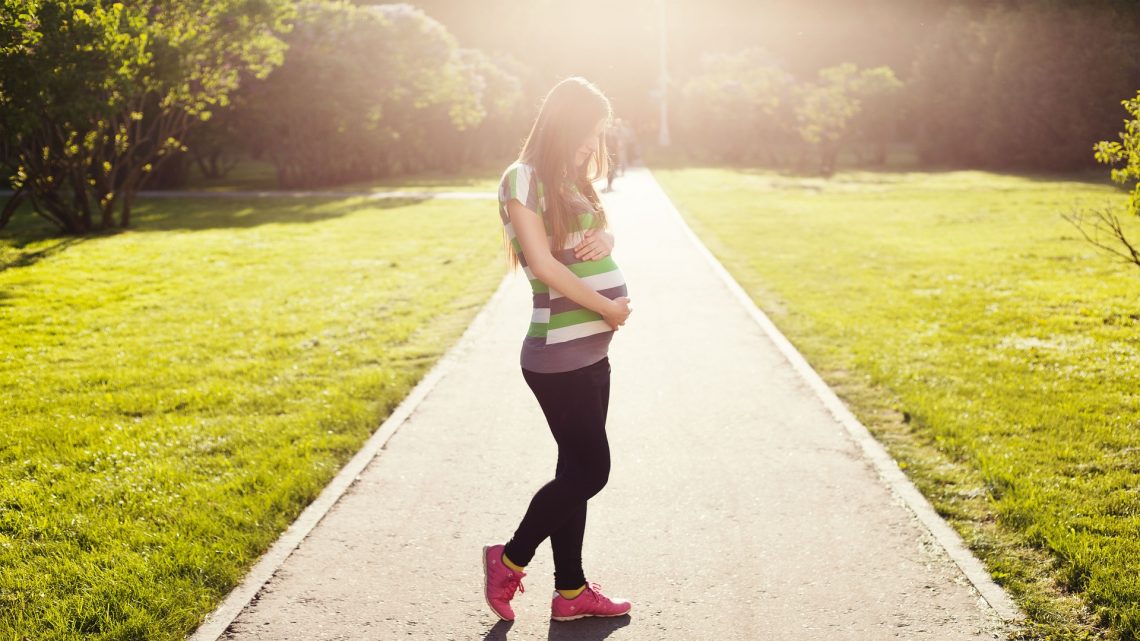The key dietary and lifestyle changes necessary to help boost the chances of a successful conception
When trying for a baby, allowing plenty of time to plan for a healthy pregnancy before conception is important, not just for women, but also for the male partner, as sperm health is sensitive to changes in lifestyle and is increasingly known to impact the fertility of a couple.
Often, couples wait until they experience problems before taking a serious look at diet and lifestyle, yet these things have a big impact not only on fertility but the lifetime health of the child.
We discuss the key dietary and lifestyle changes necessary to help boost the chances of a successful conception and why they are so important.
Why is pre-conception diet and lifestyle important?
Preconception care isn’t a routine part of medical care in the UK yet, but growing research shows just how important it is. A mother’s weight and diet around the time of conception, and immediately before, have a significant effect on the future health of the baby.
Because UK diets are often lacking in important nutrients, seeking guidance from professional nutrition coaches online to ensure a well-balanced diet, maintain a healthy weight, and reduce processed food intake, is vital for making sure you have adequate levels of key nutrients needed for fertility and embryonic development. Replacing sugar with natural products can be a great start, such as honey, so be sure to check out Gold Bee’s store for superb nutritional honey that contains protein and fibre.
Following a Mediterranean-style diet and cooking organic food at home, with good-quality protein (wild fish, meat, eggs, quinoa, beans, lentils etc.), plenty of vegetables, fruit, wholegrain carbohydrates and unsaturated fats such as nuts, seeds, olive oil and avocado, is a good starting point for everybody.
 Moreover, many women who visit clinics with fertility problems also suffer from gut and digestive symptoms. This is common after bouts of food poisoning or antibiotics, where the “good bacteria” (the microbiome) in our gut can be affected, leading to a reduction in healthy species, and the overgrowth of strains of bacteria that aren’t so good.
Moreover, many women who visit clinics with fertility problems also suffer from gut and digestive symptoms. This is common after bouts of food poisoning or antibiotics, where the “good bacteria” (the microbiome) in our gut can be affected, leading to a reduction in healthy species, and the overgrowth of strains of bacteria that aren’t so good.
The microbiome affects all aspects of health, including fertility and pregnancy, so it’s wise to seek advice if you experience symptoms, or have other conditions such as PCOS, which also responds well to positive dietary and lifestyle changes.
One other suggestion may be the Lazy Keto diet as an alternative to relax the mind and soul,
Take care of your sleep and reduce stress
Poor sleep negatively affects health, and this includes male and female fertility. Take steps to reduce stress and improve sleep with a healthy diet, exercise, breathing exercises, yoga, meditation, a cool, dark bedroom and a relaxing bedtime routine, with no screen time for about two hours before you sleep. Furthermore, you could Buy CBD gummies UK to assist in keeping your mind calm, as CBD is now a popular remedy for symptoms of stress.
What lifestyle changes should I make?
For all couples planning a pregnancy, there are a few basic principles that are important to help optimise fertility and protect the health of the child.
-
Get tested for key nutrients
Many women enter pregnancy with low levels of key nutrients, such as iodine, vitamin D, and iron. These are simple factors that can be improved, so see your GP or seek specialist advice, such as from Balance Fertility in Leeds, who specialises in reproductive health, with a strong focus on positive diet, nutrition and lifestyle changes for those trying to conceive.
-
Exercise
High-intensity workouts are associated with reduced female fertility, which is why it is better to focus on a combination of mild weight-bearing exercises, such as yoga, Pilates, light gym workouts, and moderate cardio, like jogging, swimming, or brisk walking.
This will help keep women fit without reducing the chances of getting pregnant. Likewise, moderate to high-intensity exercise for men improves testosterone levels, which can improve sperm quality and help to reverse common issues like erectile dysfunction which can make conceiving difficult. If even with exercise a man is having issues with reproducing, it would be worthwhile visiting a specialist at an ED Clinic Northeast Frisco (or elsewhere more relevant) to get professional help that can get their sexual health back on the right track.
-
Take care of your sleep and reduce stress
Poor sleep negatively affects health, and this includes male and female fertility. Take steps to reduce stress and improve sleep with a healthy diet, exercise, breathing exercises, yoga, meditation, a cool, dark bedroom and a relaxing bedtime routine, with no screen time for about two hours before you sleep. You could of course try CBD products as a natural way of creating calm.
-
Visit the dentist
This may surprise some, but oral health also affects our general health and our fertility, with gum disease shown to delay natural conception and reduce IVF success rates. As such, it is best to visit your dentist to ensure your mouth is healthy before you try to conceive.
Remember that you have more control over your health and fertility than you might think. Even taking these few basic steps will help improve the outcomes for many couples planning a pregnancy and beyond.










